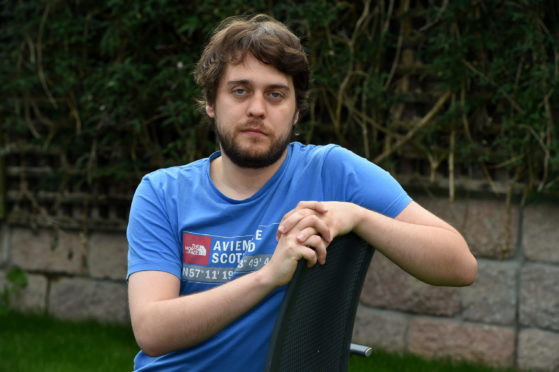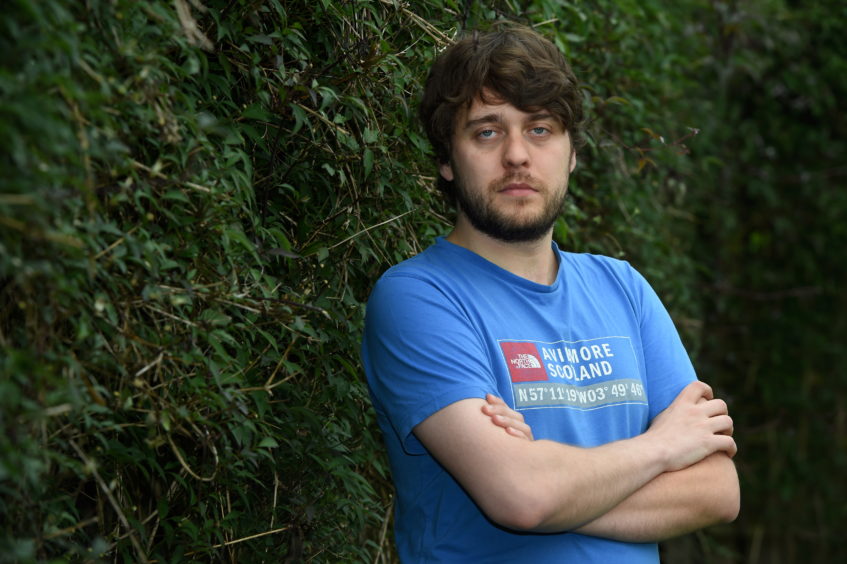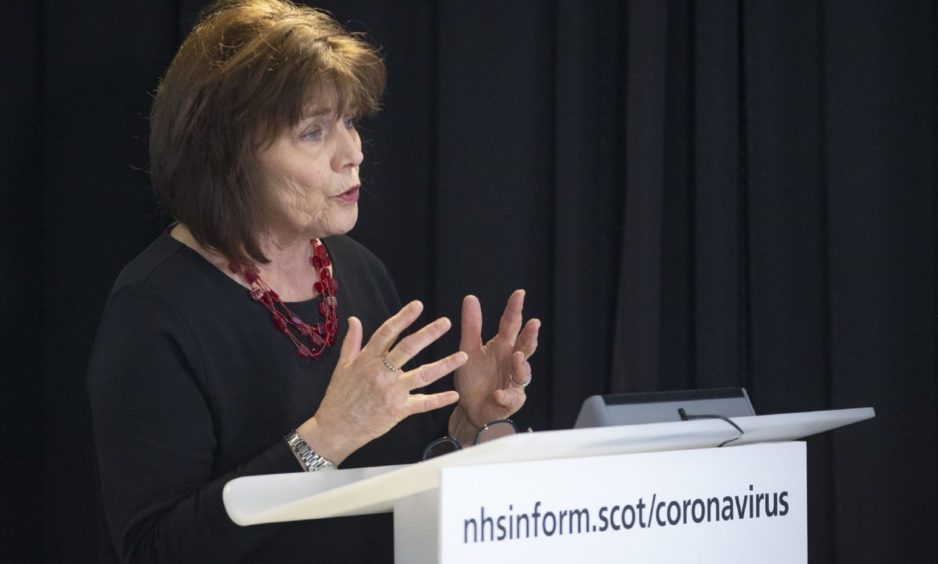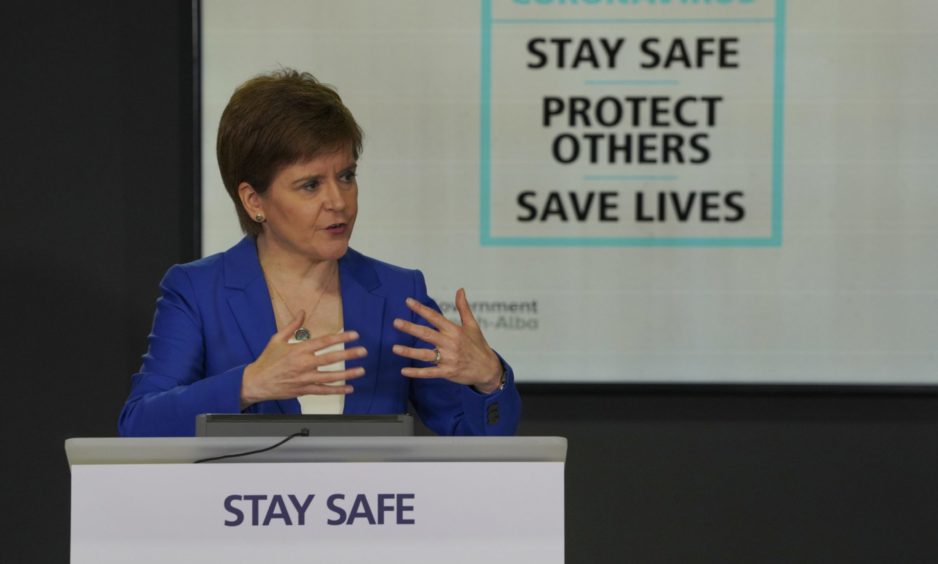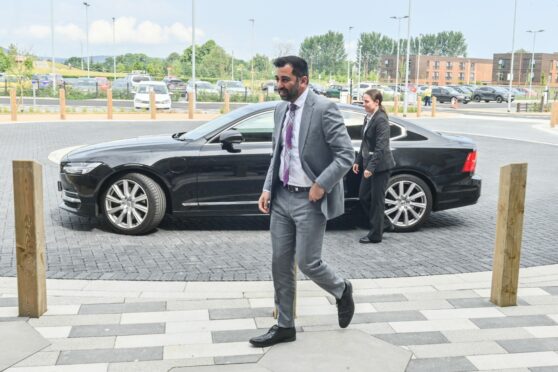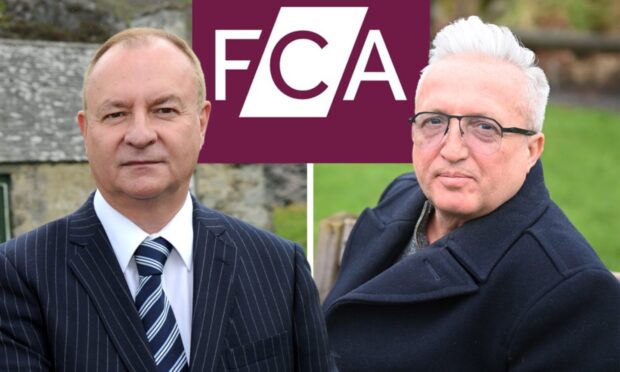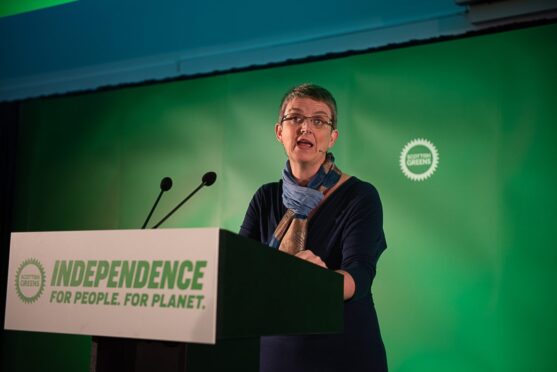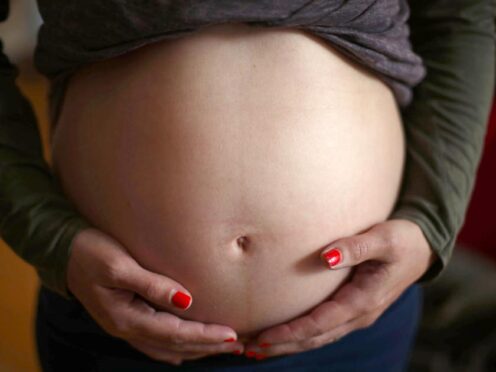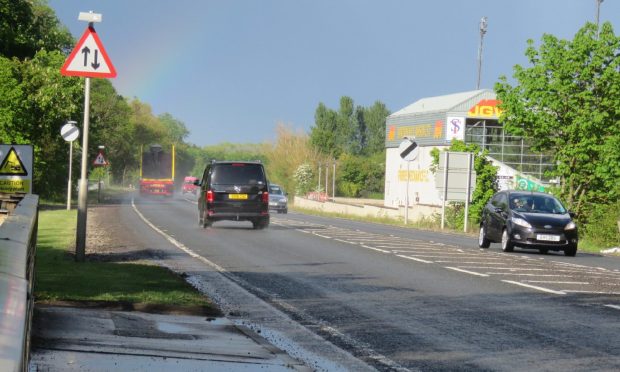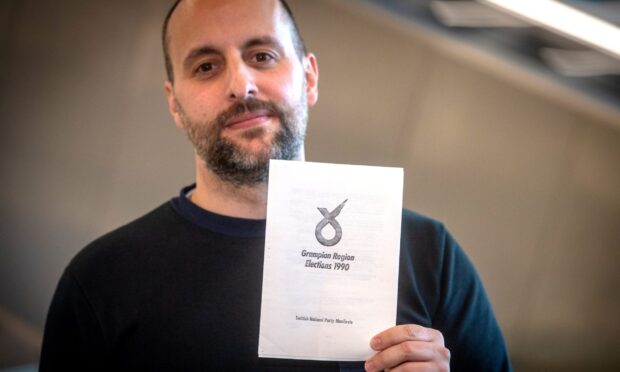Scotland’s health secretary has pledged support for a growing cohort of “long haul” Covid-19 patients, some of whom are still experiencing extreme fatigue and breathing issues months after contracting the virus.
Academics and health professionals have set about investigating an increasing number of individuals who report a range of sometimes severe lingering ailments weeks and months after the first wave of the infection appears to have passed.
A recent study at King’s College London found people in this group are on average younger, were previously largely healthy and often reported relatively mild symptoms during the early stage of infection.
A burgeoning number of social media support groups have been inundated with thousands of coronavirus patients who now report prolonged symptoms ranging from fatigue, shortness of breath, chest pain and increased heart rates.
In recent weeks, Labour MP Andrew Gwynne, Edinburgh University’s paediatric infectious diseases expert Debbie Bogaert and Anna Yearley, executive director of the charity Reprieve, have added their names to a growing list of prominent figures sharing their own experience to raise awareness of the issue.
Another individual who has been trying to find answers is oil and gas engineer and former Scottish Labour candidate Callum O’Dwyer.
Mr O’Dwyer first started showing symptoms on March 23 – the day the UK went into full lockdown – but more than 100 days later, the 28-year-old has been left struggling to walk significant distances and unable to live on his own.
Despite appearing to make an initial recovery 11 days after first feeling feverish, the former keen runner was soon forced to move back in with his parents in Aberdeen and has been unable to work or return to his own flat for months.
Mr O’Dwyer praised the help of his own GP but raised concerns about an apparent lack of interest in investigating cases like his own to better understand the causes and potential treatment for patients who experience long-term effects.
He said: “Almost all the symptoms went away except muscle weakness, fatigue, aches and the tightness in my chest and shortness of breath. That just seemed to overtake everything, I was even more tired and weak.
“I was so weak that I went to pick up a water bottle that was full and I couldn’t – I was struggling to pick that up with two hands. It’s a level of muscle weakness and feebleness that I’ve never really experienced before.”
Mr O’Dwyer is keen to get back to his old life but currently spends hours a day lying down and sometimes even sitting up can be a struggle. Doctors have advised him to rest but the 28-year-old is worried his health might never fully return.
“All the way along I suspected my next recovery was going to be just around the corner and that’s what’s made this difficult,” Mr O’Dwyer said.
“Even now, I might occasionally have a couple of days where I’m starting to feel better but then it just turns around on its head and I might even feel worse than I did before.
“It’s the erratic but cyclical nature of feeling like you have all these false summits of recovery. It’s coming to the stage now where I’m concerned about the long-term.
“I’m trusting in the process, that it will all just work its way through, but I am scared also that it takes a very, very long time to get there, or it just doesn’t.”
Health secretary Jeane Freeman said work to restart the health service was already factoring in the need for rehabilitation services and the potential for patients to develop long-term conditions as a result of Covid-19.
But she warned understanding of the issue was “developing all the time” and she wants the NHS to be flexible enough to respond to emerging evidence.
“There is the immediate response that sometimes people need significant help from physio or others to recover from having the virus,” Ms Freeman said.
“But others will be left with longer-term conditions where we need to make sure the health service can answer that demand and provide the care and support needed.”
Speaking at her daily briefing in Edinburgh on Wednesday, First Minister Nicola Sturgeon admitted there is still “limited knowledge” about what damage Covid-19 might do to health over a longer period of time.
“One of the reasons why I think we need to continue to take this virus so seriously is that the more we learn about it, the more we learn how damaging it is,” she said.
“From a very early stage we have known that, particularly for people with some underlying health conditions or other vulnerabilities – age, for example – it can unfortunately be deadly.
“One of the things it took us longer to learn, and we are still learning, is that even for people who don’t become very seriously unwell and don’t die from it, it can still do really long-term damage.”
Scotland’s national clinical director, Jason Leitch, revealed health officials have just this week drafted a briefing on how the health service will deal with chronic Covid-19 cases where health complaints persist over many months or years.
Professor Leitch said the clinical science remains “very, very young” and some reactions to the virus remain unpredictable but health officials are putting in place all the available “rehab elements” they can.
“This is why prevention is so important,” he said.
“It’s not just about stopping the 87-year-old from dying, it’s about stopping the 30-year-old from having months and years of rehabilitation from pulmonary disease.”
